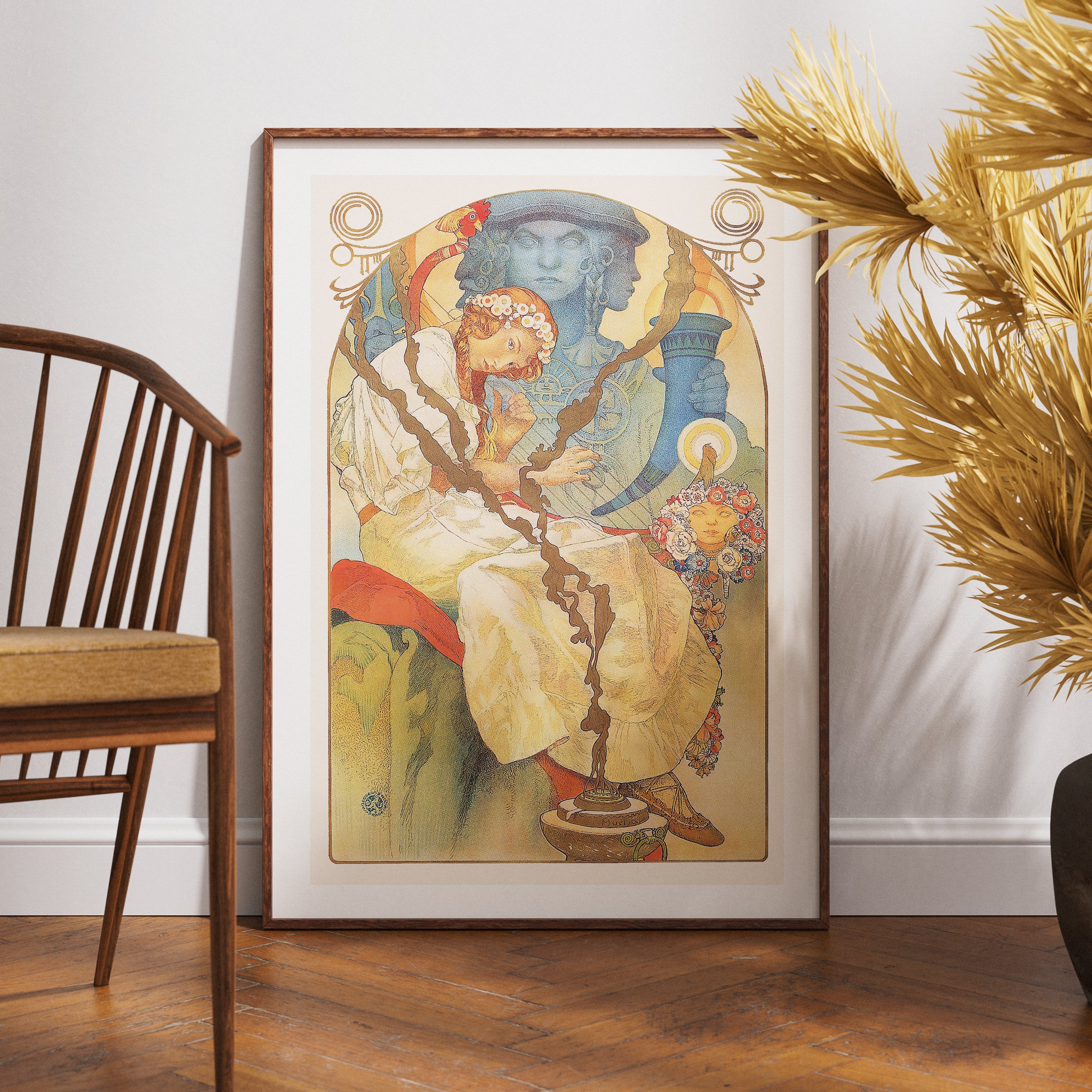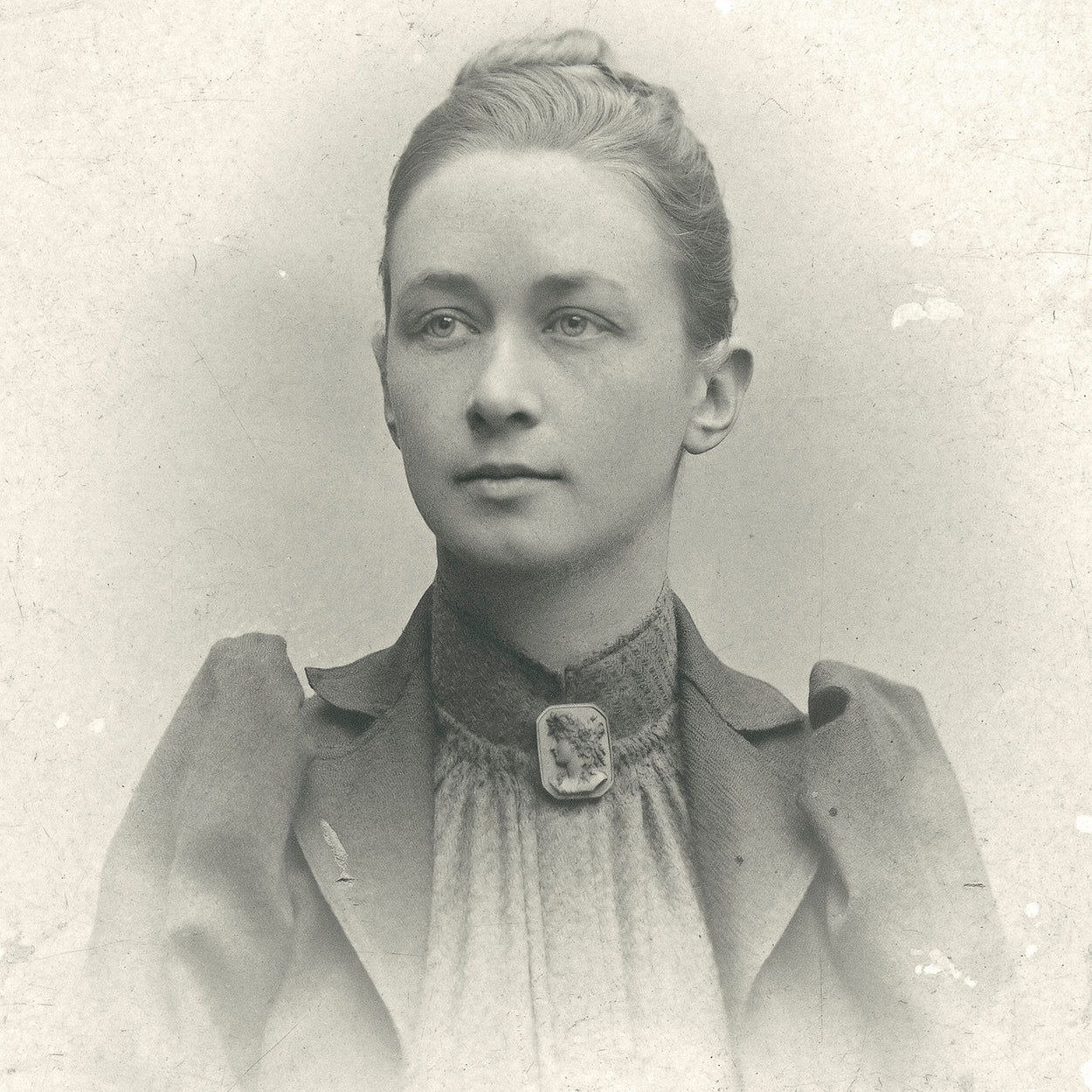Featured Artist: Gustav Klimt

The systematic theft and destruction of his pieces by the Nazis not only deprived the art world of invaluable masterpieces but also sought to erase the identities of the Jewish individuals immortalized in his portraits.

Nazi Looting and the Erasure of Jewish Identities
During the Nazi regime, numerous artworks were confiscated from Jewish families, including several of Klimt's renowned paintings. Adele Bloch-Bauer, a prominent Jewish patron and Klimt's muse, was portrayed in two significant works. Following the annexation of Austria in 1938, the Nazis seized these portraits from the Bloch-Bauer residence. To obscure Adele's Jewish heritage, the Nazis renamed her iconic portrait from "Portrait of Adele Bloch-Bauer I" to "Woman in Gold," stripping away her identity and heritage.
The Film "Woman in Gold"
The 2015 film "Woman in Gold," starring Helen Mirren, dramatises the true story of Maria Altmann, Adele Bloch-Bauer's niece. The narrative follows Altmann's legal battle to reclaim her family's stolen Klimt paintings from the Austrian government. After a prolonged court struggle, the U.S. Supreme Court ruled in her favour, leading to the restitution of the artworks. This case highlighted the broader issues of Nazi art looting and the challenges of restitution.
Destruction of Klimt's Works at Schloss Immendorf
In the waning days of World War II, several of Klimt's masterpieces met a tragic fate. Paintings such as "Philosophy," "Medicine," and "Jurisprudence," originally commissioned for the University of Vienna's Great Hall, were stored at Schloss Immendorf. As Nazi forces retreated in May 1945, they set fire to the castle, resulting in the destruction of these invaluable works. This deliberate act aimed to prevent the artworks from falling into Allied hands, leading to an irreplaceable loss in art history.

Efforts to Recreate Lost Masterpieces
Modern technology has offered avenues to reclaim the visual legacy of Klimt's destroyed works. Collaborations between art historians and technologists have utilized artificial intelligence to recreate digital representations of lost paintings. For instance, Google's Arts & Culture initiative employed AI algorithms to reconstruct Klimt's lost pieces, providing contemporary audiences with a glimpse into artworks obliterated during the war. Google Arts & Culture
Conclusion
The Nazi regime's looting and destruction of Gustav Klimt's artworks represent a profound cultural and personal loss, reflecting broader atrocities committed against Jewish individuals and their heritage. The erasure of identities, both of the subjects portrayed and the artworks themselves, underscores the regime's intent to obliterate Jewish contributions to art and culture.
Ongoing restitution efforts and technological innovations strive to honour and restore the legacy of those affected, ensuring that the stories encapsulated within these masterpieces endure for future generations.






